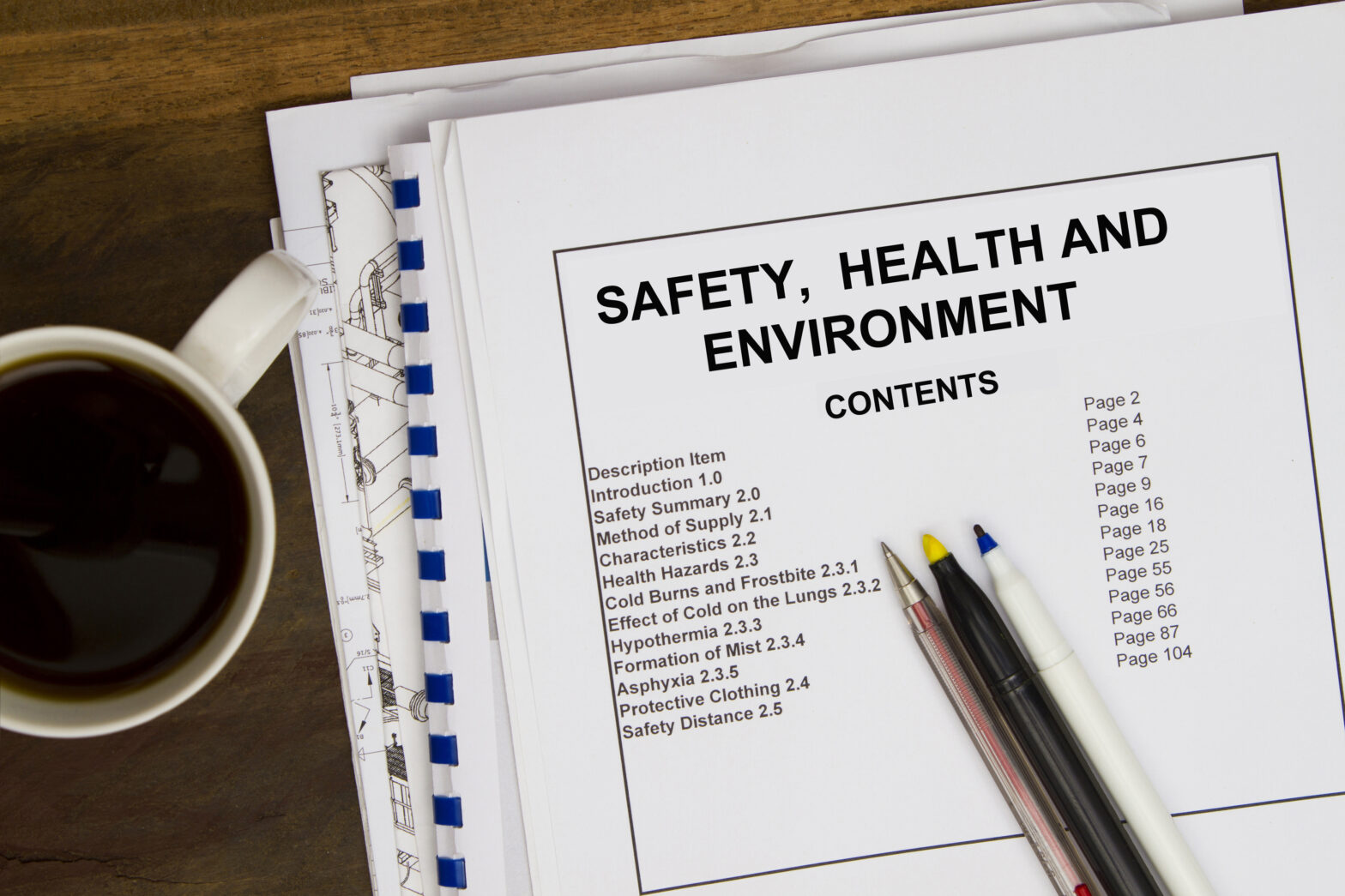The Health and Safety Sentencing Guidelines came into force on 1st February 2016, and apply to all organisations and individuals sentenced after that date regardless of when the offence was committed.
Much like all other sentencing guidelines prepared by the Sentencing Guidelines Council, these new guidelines mean that Judges sentencing health and safety breaches have to take a step-by-step approach when deciding the appropriate level of sentence.
Steve Roberts, partner at Richard Nelson LLP says that when sentencing organisations, after determining the offence category (in respect of the seriousness of the harm which has been caused or the level of risk exposed by any breach), the Court must look to the size of the business.
There are four categories of business considered by the guidelines, large, medium, small and micro, Roberts says. Small business are defined as businesses with a turnover of more that £2 million but less than £10 million. Micro business are defined as businesses with a turnover of less than £2 million.
The sentencing range for small businesses is between £100 up to £1.6 million. The sentencing range for micro-businesses is between £50 up to £450,000.
‘When you consider that the sentencing ranges are determined by turnover (as opposed to profit), the top level of fines available to Courts sentencing for health and safety breaches could have a massive effect on the profitability for on a small/micro business for a significant number of years, that is if the business can even survive the imposition of a fine at the higher end of the scale,’ Roberts says.
‘The large fines available to sentencing courts (and the evidence so far suggests they are not afraid to flex their muscles in this regard with record fines already having been imposed this year), mean that now, more than ever, businesses need to prioritise compliance with the health and safety regime.’
Being caught out could put you out of business
Nick Barnard, associate at Corker Binning, agrees with Roberts in that, in regard to small companies, there is a very real prospect that fines at the level envisaged by the Guidelines could put a defendant company out of business.
‘Although larger companies and groups of companies will receive larger fines for equivalent offences, their size makes them more able to weather a significant financial penalty.
‘However, even where a small company has a solid trading base, the impact of a significant fine and legal costs, as well as the huge drain on staff and director time in dealing with criminal proceedings, may well put its future in jeopardy.’
The reputational damage of a health and safety conviction should also be taken in account, he adds, particularly as courts are required to consider whether a publicity order should be made, requiring a defendant company to publicly announce the offence and conviction in a specified form (for example, in local newspapers).
Susan Dearden, partner at Gowling WLG, says the biggest changes since the Guideline has been firstly in the focus for sentencing on risk rather than on what accident may have happened, and secondly, the increase in fines that putting the offences into tables has achieved.
‘Pre Guideline, the Courts had tended to focus on what harm had been caused so a minor injury might lead to a fine of a few thousand pounds. With the focus now clearly on what harm might have been caused, and banded tables prescribing much higher penalties for businesses with annual turnover of up to £50 million, small businesses have been hit particularly hard by the application of the guidelines.’
Very large organisations on the other hand with turnover substantially in excess of £50 million do not have banded tables prescribing their penalties. The approach by the Courts so far seems to be that their offences are judged on the tables applied to businesses with turnover £50 million+ with no inflation currently being evidenced to reflect a proportionate sentence given their size.’
Take health and safety seriously
Joanna Mantell, regulatory investigations team manager at LHS Solicitors says that the stated aim of these new guidelines is to ensure that businesses of all sizes are aware that health and safety failings will be taken very seriously.
Related: Health and safety checklist for small businesses: 9 things you need to do
‘They are certainly coming as a shock to our clients when we advise on possible sentences. Advising a sole trader, with no previous convictions, that the starting point for a sentence is 26 weeks in custody is not something we enjoy.
‘Good health and safety management must therefore be integral to all businesses.’
To find out more about the FSB and how it can assist with health and safety advice for your business, plus a range of other benefits, please visit www.fsb.org.uk or call 0808 20 20 888 quoting SBAR1016.





